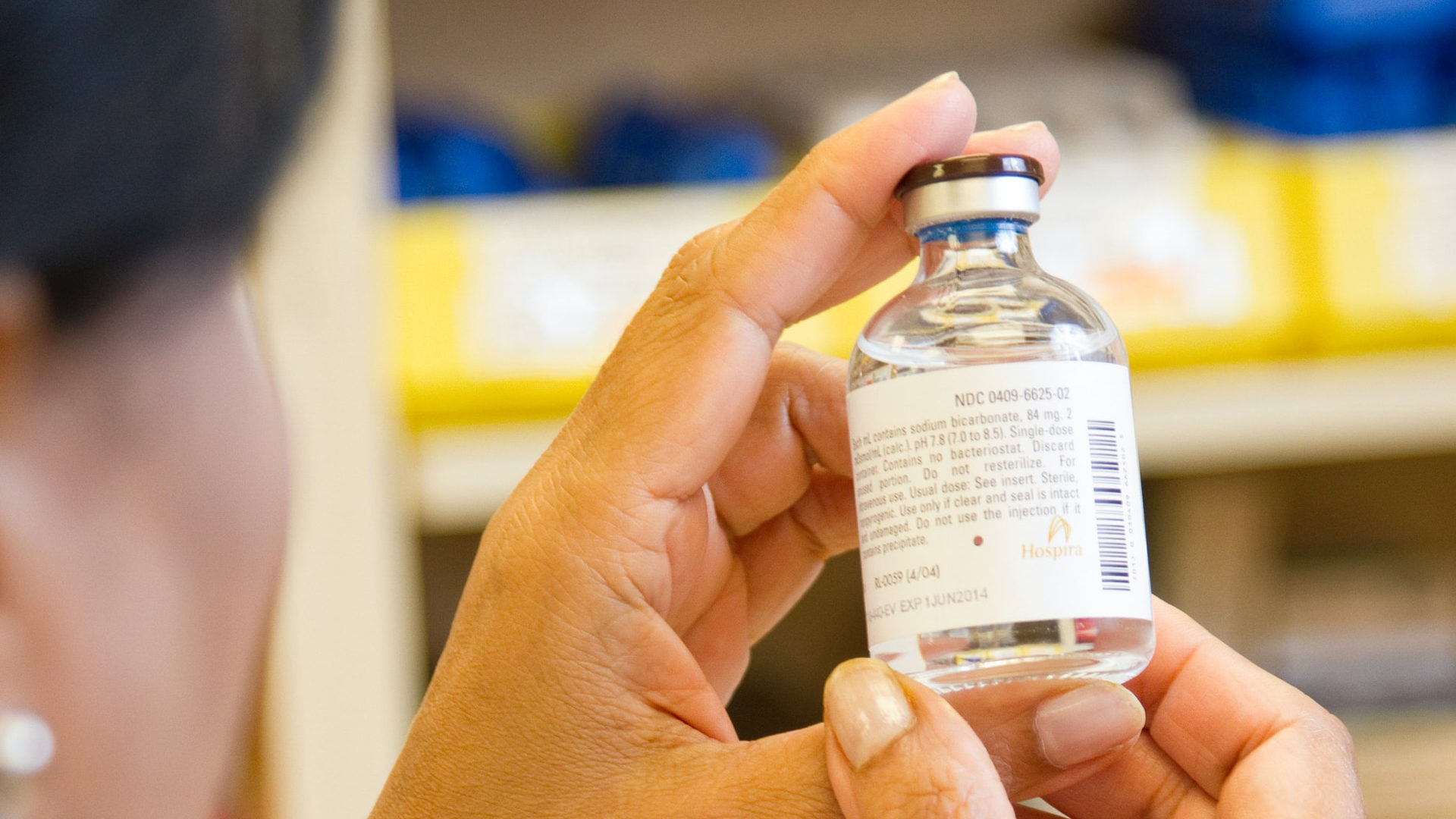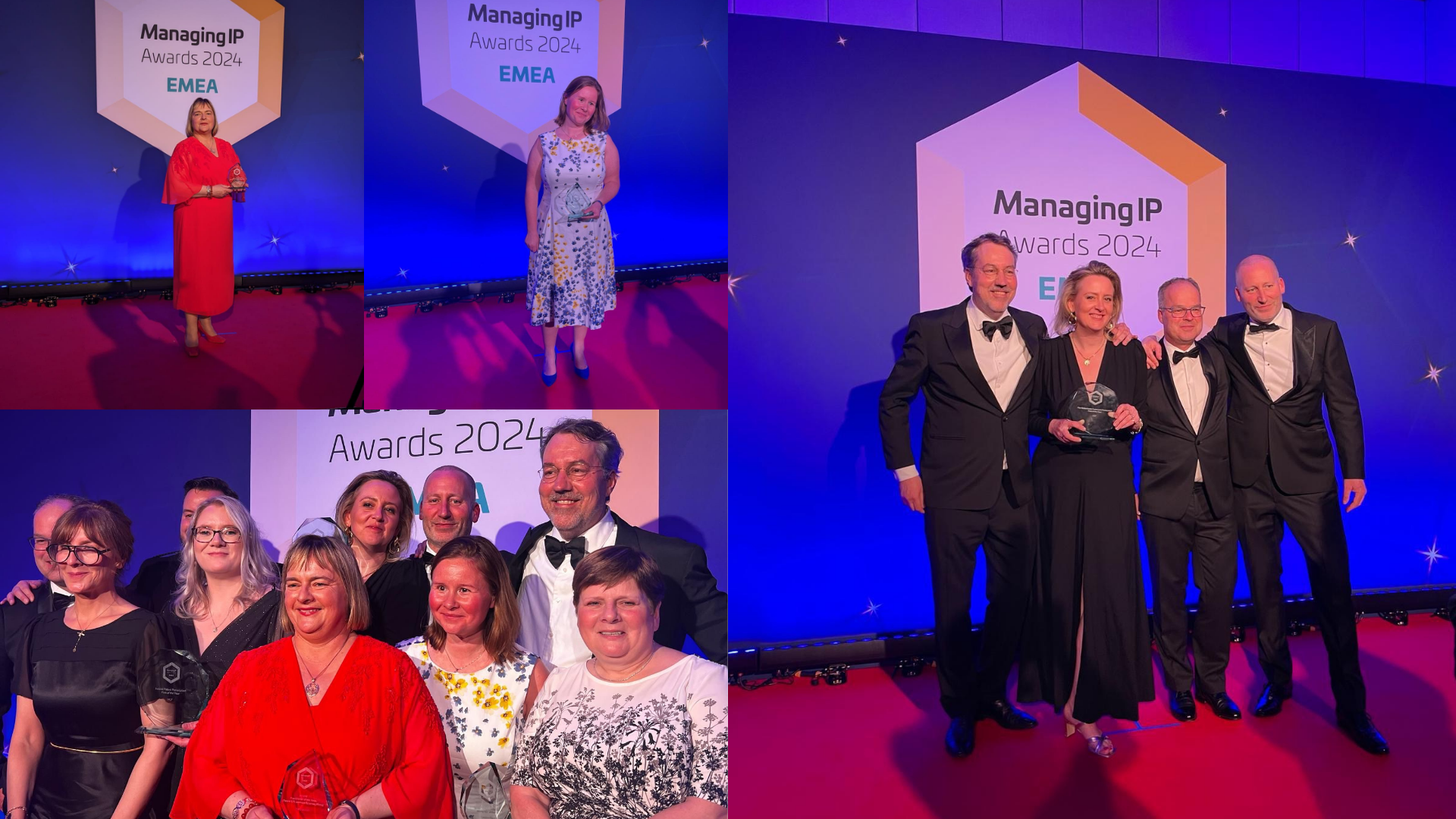Retail Scanner
Sustainability and innovation in the retail sector
November 2022
The impact that businesses have on the environment is facing ever-more scrutiny from customers, employees and investors. For this reason, sustainability and climate change are important issues on corporate agendas which organisations cannot afford to ignore.
There are many ways that businesses in the retail sector can improve their green credentials, from being sustainable in every day retail practices (e.g. choosing energy efficient equipment and minimising waste production) to helping customers offset the impact of their purchase (e.g. by pledging a percentage of profits to charities who share their environmental goals).
Taking a sustainable approach to day-to-day operations might lead to the development of eco-friendly products and processes, as well as improvements in the circularity of the supply chain.
The move toward using alternatives to leather in the manufacture of footwear provides some interesting examples of innovation.
Leather has become an unpopular material, not only because it is obtained from animal skins, but also because of the huge volume of water that is required for the treatment of a single hide or skin, as well as the nature of the chemicals which are used in the treatment process.
Artificial, or synthetic, leather has historically been made from plastic materials such as polyvinylchloride (PVC) and polyurethane (PU). The use of PVC is not considered to be a sustainable alternative to the use of natural leather for a number of reasons. Firstly, the manufacturing process is reliant on fossil fuels and produces chemicals which are harmful to the environment and, secondly, unlike natural leather, PVC does not decompose in landfill.
Given that the global market for vegan footwear is estimated to be worth billions of dollars and growing steadily, it is no surprise that more and more brands are creating footwear that is
(a) suitable for vegans and
(b) which has a reduced impact on the environment.
Whilst some companies have focused their efforts on using recycled material obtained from waste, other companies are using plant-based materials.
Veja is one example of a company that is using recycled materials obtained from waste plastic bottles and organic cotton cuttings from the textile industry in the manufacture of its products. One of the fabrics used by Veja is B-mesh. According to the Veja website, B-mesh is made of 100% recycled polyester which is obtained from plastic bottles. The bottles are shredded into flakes and then extruded into fibres.
Nike has also developed manufacturing systems and processes for forming footwear from scrap or waste plastic. International patent application number PCT/US2019/034362, which was filed in May 2019, describes how waste thermoplastic elastomer (TPE) and ethylene vinyl acetate (EVA) is ground, mixed with a resin and foaming agent and placed in a mould. Upon activation of the foaming agent, the processed material expands and fills the cavity of the mould, thereby forming a single-piece midsole or outsole of a trainer.
Another French brand, MoEa, is using bio-materials which it makes from apple and grape waste (from the juice industry), together with organic cotton and recycled plastic in the manufacture of trainers. MoEa has improved the circularity of the life of its trainers by offering customers the option to return worn-out MoEa trainers (in their original packaging) so that the trainers can be shredded and incorporated into the soles of new MoEa trainers.
Adidas has also taken the plant-based material approach in its vegan shoe range. Rather than developing its own alternative to leather, Adidas is collaborating with Bolt Threads, a material solutions company which has developed Mylo. Mylo, a so-called mushroom leather, is made from mycelium, the underground root-like system of fungi. In May 2020, Bolt Threads filed international patent application PCT/US2020/034354 to protect its composite mycelium material, as well as the way in which the material is made.
The development of innovative processes, which enable the conversion of waste into a useful material, and novel textiles which include previously unknown combinations of materials and/or have unexpected physical characteristics may be protected using patents.
Protectable intellectual property, such as patents, can be valuable to businesses and help to provide a commercial advantage over competitors.
Patents, when granted, enable their owner to prevent third parties using the technology without their permission for a fixed period of time (usually 20 years from when the patent application was filed). The monopoly enables the developers of innovative technologies to protect their investment in technology development by re-couping their development costs during a period of exclusivity.
Patent owners, such as Bolt Threads, can grant permission to third parties to use the technology via licences and so generate income by sharing the income the third party generates by making and selling products which use the protected invention. Furthermore, applying for and securing patent protection can also help businesses to attract investment and benefit from schemes like the UK’s Patent Box tax relief scheme.
This article was prepared by HGF’s Senior Patent Attorney Dr Jennifer Unsworth.































